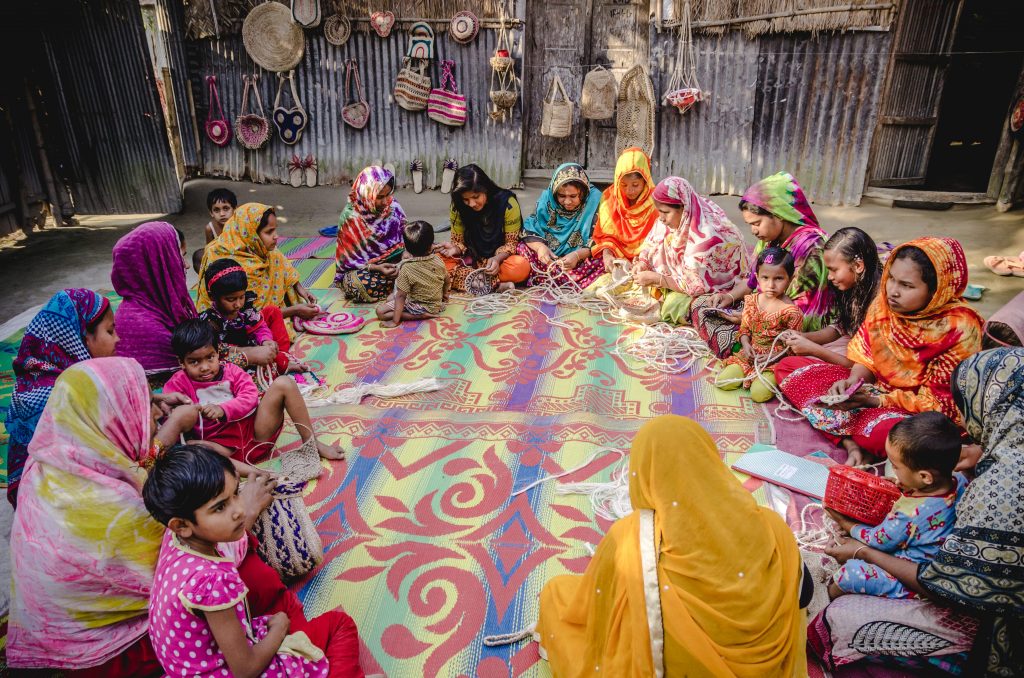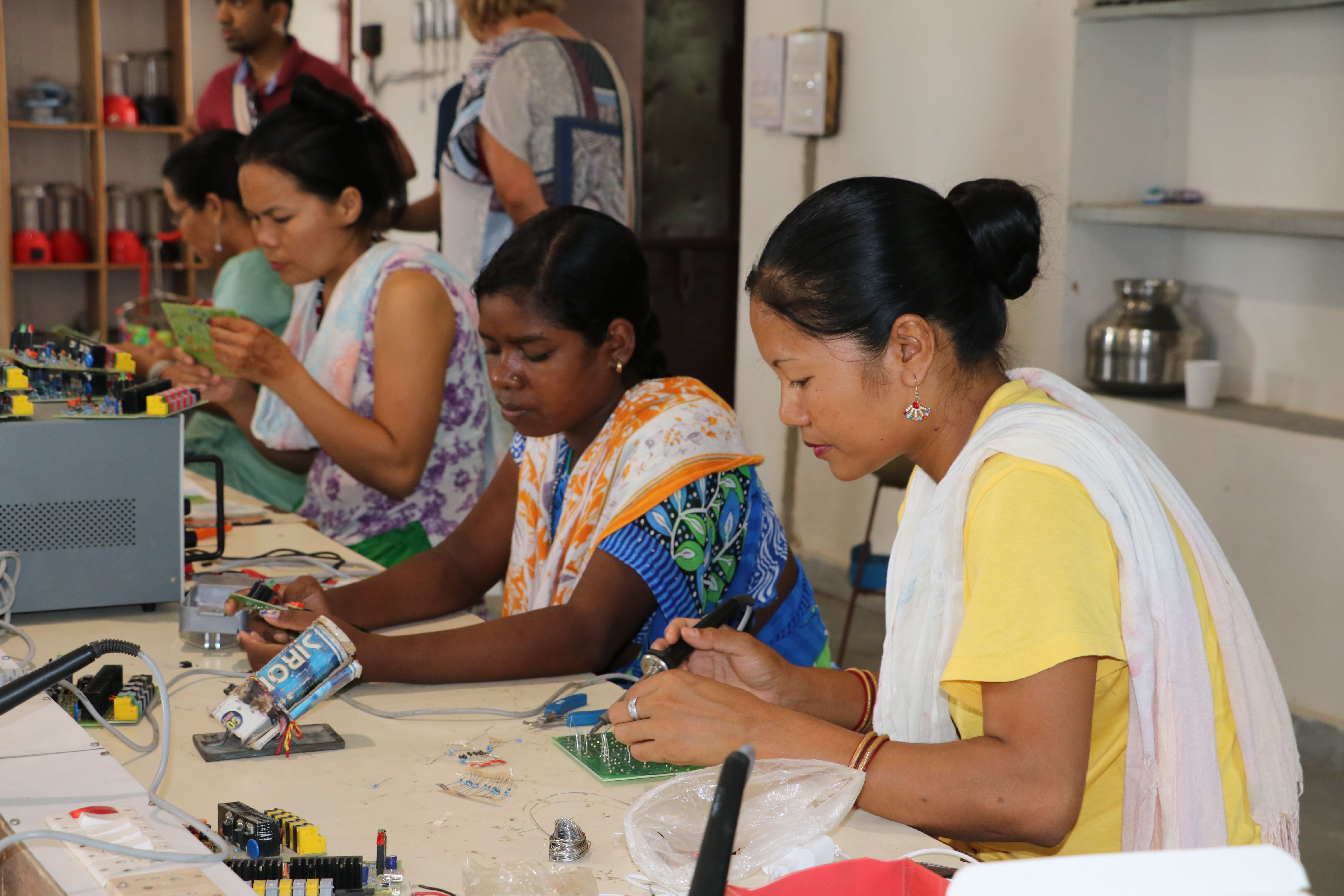Bangladesh year 2 overview
The Empower Youth for Work project in Bangladesh has been taking off in the second year. This year's focus has been on soft skill training, vocational training, and connecting youth to loans and employment opportunities. In addition, youth also took the lead in being change leaders to address gender based violence and in leading campaigns around female security and mobility. It is inspiring to see that youth advisory board members of the project have taken the initiative to conduct activities at local schools around gender based violence, unpaid care work, sexual and reproductive health rights and climate change issues.
Key achievements
The EYW program has reached 12,948 young people aged 15-29 through training. Soft skills training has helped youth to develop interpersonal skills such as communication, leadership and teamwork, as well as knowledge on climate change, Gender Based Violence, sexual and reproductive health rights, unpaid care work and economic opportunities.
1,035 young people have also received technical skills training, e.g. on: refrigeration and air conditioning, industrial sewing, mobile phone servicing, welding, tailoring, beautification, electrical installation, livestock-rearing, etc. As a result, 203 young people now have jobs in relevant industries (mostly technical) and 437 have become self-employed. Both paid and self-employed youths have an average income of BDT 4,000 per month.

The project collected information in each area on loan-providing institutes, loan amounts and interest rates, and the documents required to get a loan. These reports were shared with youth, and in most cases, youth directly communicated with the financial institutes without assistance from the project. 87 youth are now receiving financial support from microfinance institutes/NGOs and banks.
25 young men and women formed the first National Youth Advisory Board, representing 3,600 rural youth from 144 groups. This will give them greater opportunities to change attitudes and beliefs and to hold local and national decision makers accountable for policies, laws and regulations. The Ministry of Youth and Sports has committed to integrate the voice of youth in its decision-making processes. EYW’s strategic partnership with the Prime Minister’s office on the flagship A2i (Access to Information) program will ensure easy, affordable and reliable access to quality public services.
The more we increase the active participation and partnership with young people, the better we serve them ...the more we increase our public value to the entire community. – Carmen Martinez, Community activist
Innovation and pilots
In Khulna, 25 youth have been linked with industries through a dual apprenticeship program, undertaking both theoretical and practical training in automobile, textile, refrigeration and electrical industries, in a real work environment.
A youth-led ‘climate-smart village’ will model various climate-friendly practices such as resilient agriculture, alternative energy production and use, efficient and safe use of water, climate-friendly living practices, etc.
Through an ‘E-motive’ exchange visit we have learned and replicated good practices from similar initiatives in India.

Challenges and risks
Linking the female youths to non-traditional skill development: So far, in most cases young women have chosen to engage in tailoring, beautification and domestic’ ‘livestock rearing. Prevailing social norms and pressures from family mean they are reluctant to work outside the home or in less ‘traditionally female’ jobs. Working outside of the house is considered risky and unsafe.
